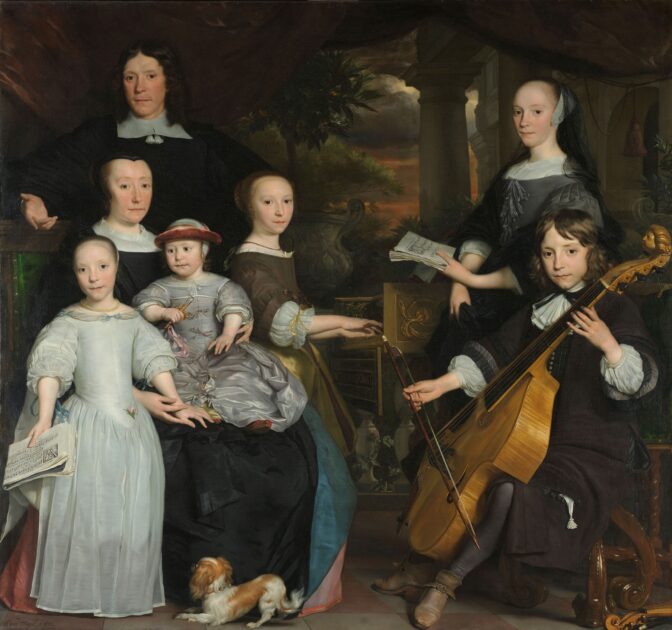When studying your ancestors, it is helpful to know who the rich people in the community were, even if your ancestors were poor. The rich people in the community may have interacted with your ancestors, and may have created records about them:
- Rich people may have employed them, for example as laborers, servants, or factory workers.
- They may have bought their products, for example in the case of shoemakers or weavers.
- They may have used their services, for example in the case of wheelwrights or smiths.
- They may have owned the farms or land that your ancestors rented or worked on as serfs.
- Your ancestors may have owed money to rich people, if they borrowed money or owed money for services to a doctor or lawyer.
- Rich people may have been involved with charities that provided poor relief.
- Rich people may have held public offices, for example as members of the aldermen’s court, mayors, or dike reeves.
If your ancestor owed money to rich people or were owed money by them, you may find them in the rich people’s estate inventories. These can often be found in notarial records.

Family of David Leeuw, 1671.
Credits: Abraham van den Tempel, collection Rijksmuseum (public domain)

